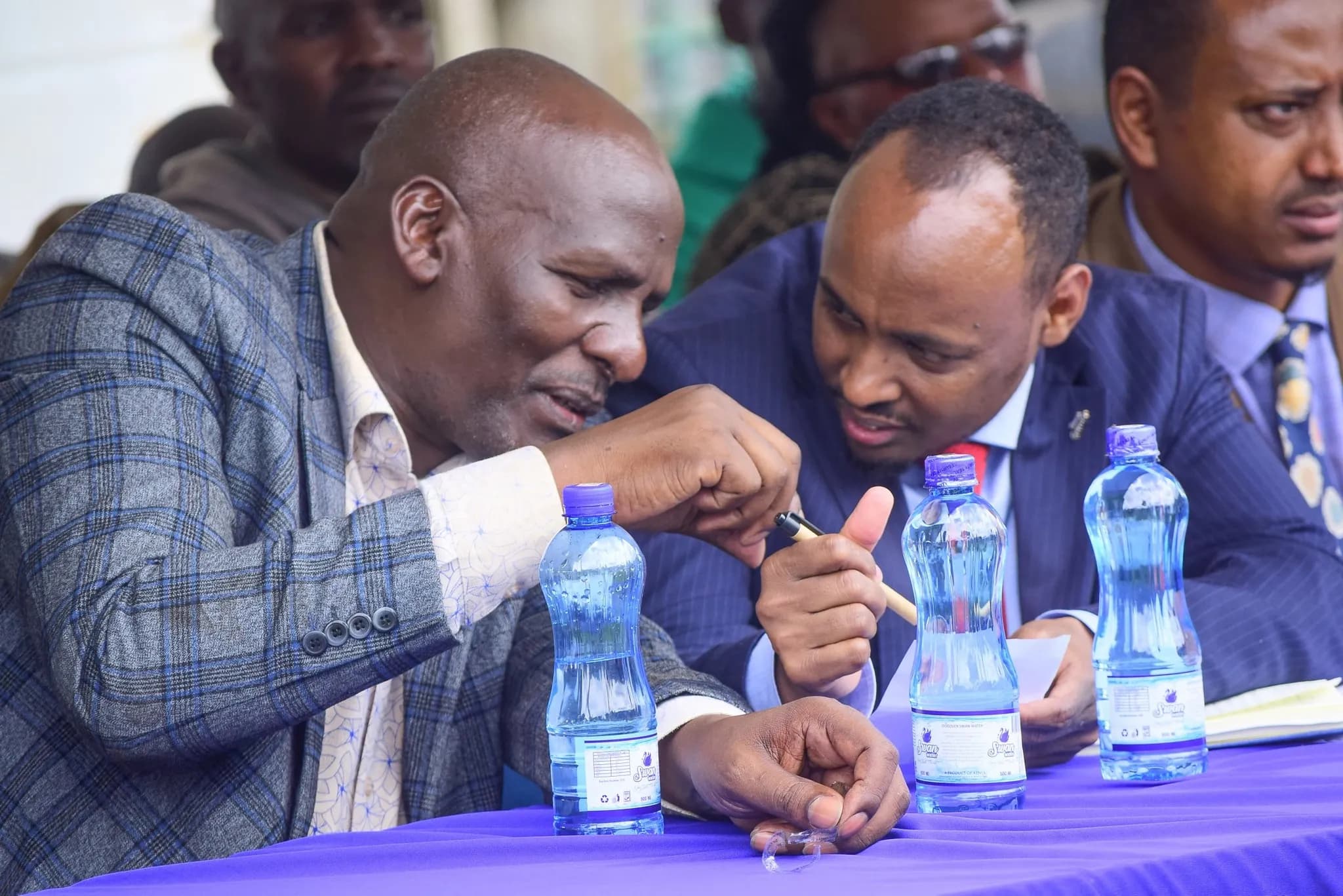We're loading the full news article for you. This includes the article content, images, author information, and related articles.
Parliament investigates how Ksh50 million in infrastructure funds was released for a “ghost” high school that has no registration, land or board.

Recent Auditor‑General Nancy Gathungu’s financial audit for the 2024/25 fiscal year reveals a troubling case of Ksh 50 million routed through Tenwek Boys’ High School to a recipient identified only as “Bomet High School”, which isn’t on any official registry—effectively non‑existent .
The funds were intended for development support, but the audit flagged that no such school is registered in the national education system, raising serious concerns about potential misappropriation .
Lawmakers have summoned Ministry of Education officials, demanding clarity on:
How and why a nonexistent institution received state funds.
The decision-making process that enabled this transfer through Tenwek Boys’, a legitimate school.
Whether internal Ministry and Treasury protocols were violated or bypassed.
This incident is symptomatic of broader governance failures within the education sector. Auditor‑General Gathungu’s report highlights widespread issues across secondary schools—such as:
Unauthorized fee hikes
Irregular procurement and inflated expenses
Unhandled petty cash and ghost payments
These lapses have affected reputable schools like Kamusinga, Maranda, Nyamira Girls’, and others—some with missing funds running into tens of millions of shillings .
Erosion of Public Trust
When taxpayers’ money gets diverted to phantom institutions, confidence in public education and state stewardship erodes.
Lost Opportunity for Real Schools
Legitimate needy schools miss out on development funding or capitation meant to support students.
Systemic Weaknesses
The fact that unregistered entities can receive large disbursements points to major breakdowns in verification, oversight, and inter-agency checks.
Urgent forensic audit of Tenwek Boys’ disbursement channels and follow-up records.
Ministry/Magistrate testimonies in Parliament to explain the decision trail.
Disciplinary actions and prosecutions if misuse or fraud is confirmed.
Reforms around school verification processes—tie capitation to NEMIS registration status and board-approved procurements.
This scandal underscores a painful truth: Kenya’s education governance is only as strong as its weakest verification system. Redirecting Ksh 50 million to an entity that doesn’t exist isn’t just a typo or oversight—it’s a breach of public trust. What’s at stake is both financial propriety and the future of students who depend on state resources.
The ball now lies in Parliament’s court—and in the hands of oversight agencies—to ensure this doesn’t become yet another headline in the long history of public fund mismanagement.
Keep the conversation in one place—threads here stay linked to the story and in the forums.
Sign in to start a discussion
Start a conversation about this story and keep it linked here.
Other hot threads
E-sports and Gaming Community in Kenya
Active 9 months ago
The Role of Technology in Modern Agriculture (AgriTech)
Active 9 months ago
Popular Recreational Activities Across Counties
Active 9 months ago
Investing in Youth Sports Development Programs
Active 9 months ago